Build a Great Resume
Our Top Resume Tips
There is no one way to write a resume. Resumes are subjective, and every human resources professional and recruiter will give you different advice on the best template or format to use.
Therefore, rather than provide a template, we’ve sat down with some of our longest standing team members and developed a guide that outlines some of the most useful tips they’ve collected over the years for you to consider when writing a resume.
Tip #1 - Length of your resume
Unless you are writing a one page profile, a resume needs to have detail and substance, and therefore should comprise typically three to four pages. If you have less than seven years professional experience two pages is adequate. For more than seven years up to four pages is a good length.
Tip #2 - A resume is not a position description
Don’t list every task from every role. Think in terms of what you are accountable for in your role. Rather than providing a long list of things you do, list the four to six critical things you are accountable for with in each role.
Tip #3 - Validate with data
Achievements are important, so ensure you have lots of them. They are a great way to showcase what you do and how you have performed in each role. When listing your achievements, utilise data to validate your statements. It’s also important to think about how you write the statement in a way that really drives impact. Think about what you achieved in words, back it up by quantifiable metrics and if appropriate how you achieved this, for example, “exceeded sales target by 22% for the 2023 financial year through a targeted field approach", rather than "exceeded sales target".
Tip #4 - A career summary
If you have ten plus years of professional experience, include a career summary on the front page of your resume. The purpose of a career summary is to highlight your recent experience and provide a story line that covers the past seven to ten years. It is essential to list all of your other roles at the end of your resume under a heading "career history" and include employer, dates of employment and title.
Tip #5 - Capability statements and key competencies
If you want to include a capability statement and/or a list of key competencies on your resume, ensure they are relevant and critical to the role for which you are applying. Don’t use generic subheadings and content which could apply to anyone, or read like they have been written by an AI tool. Your resume needs to bring you and your unique work history to life.
Tip #6 - Education and professional qualifications
Your educational and professional qualifications are important. Ensure they are on the first page of your resume where they are one of the first things the reader will see.
Tip #7 - Dates are important
Dates are important as they tell the story of your career evolution and progression. Always include dates on your resume, particularly on your educational qualifications.

Tip #8 - Linkedin profile
Ensure your LinkedIn profile and your resume are aligned. Everyone looks at LinkedIn and any discrepancies between the two will trigger questions from the reader.
Tip #9 - Generic job titles
Some organisations utilise titles such "vice president", "executive manager" or "director" rather than descriptive titles such as "business analyst", "business development manager", or "product manager". Not only is it okay, but it’s advisable to add in a recognisable title so that it is easy for the reader to quickly understand the role you do, for example "executive manager (business analyst)".
Tip #10 - Employer overview
Don't assume that everyone who reads your resume will know who your employer is, what it does and the products and services it delivers in market. Take the time to include a two to three sentences that provide an organisational overview for each employer.
Tip #11 - Multiple roles (with the same employer)
If you have had multiple roles with one employer list each of them separately. Don't blend them together, even if one role is an expansion of a previous role. It is important to clearly articulate every change in role and responsibility.
Tip #12 - Proof reading
You should always edit and proofread your resume to ensure it does not have grammatical errors and that the language is simple but still professional. If you have a trusted resource, it’s also advisable to ask them to review your resume and provide any feedback.
Connecting people to enhance the experience of work
© 2022 Profusion | Privacy Policy | Data Collection Notice | Powered with 🤍 by Shazamme











